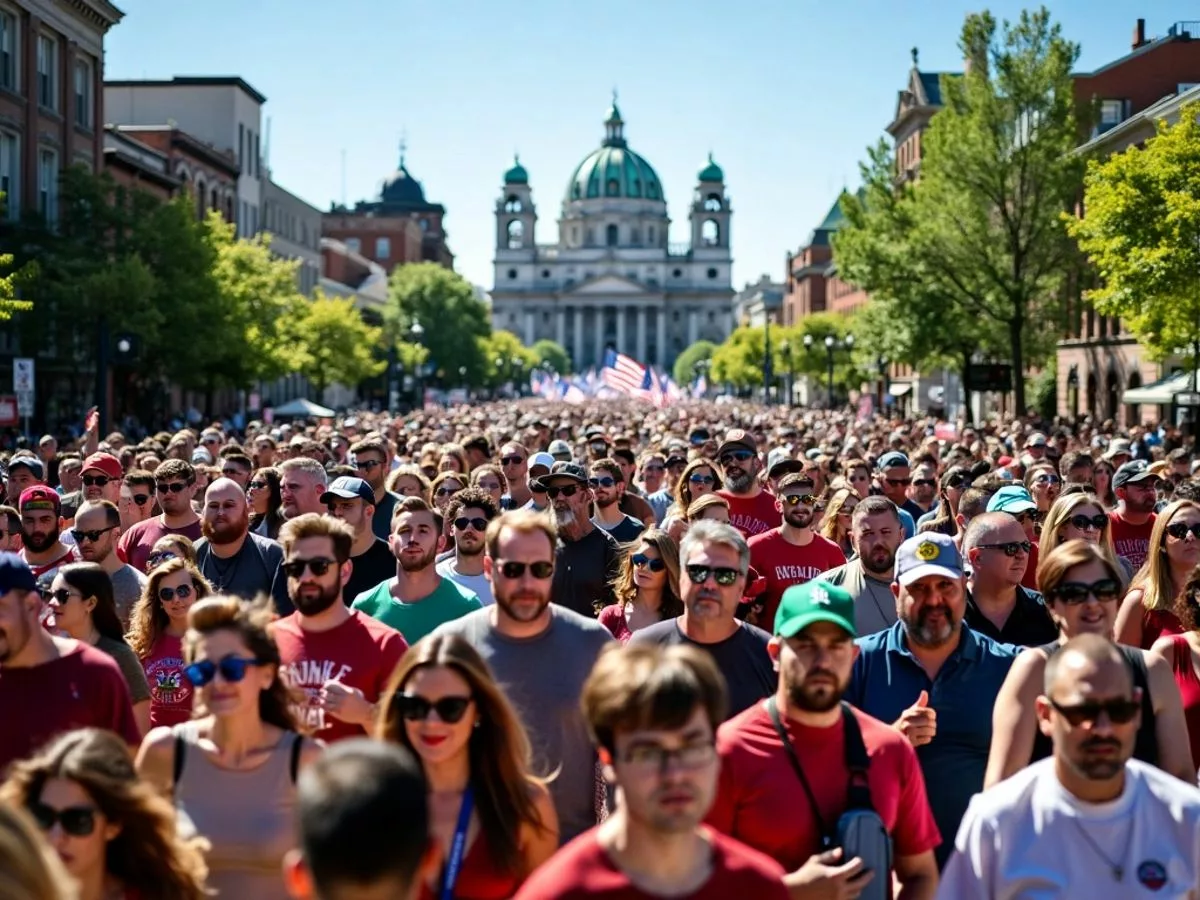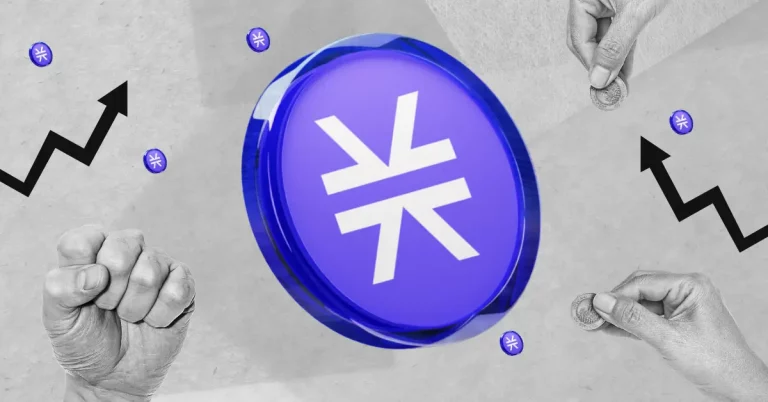
Thousands of people across France gathered on September 14, 2024, to protest against rape culture and show solidarity with Gisele Pelicot, the main plaintiff in a shocking mass sexual assault trial. The demonstration highlighted the urgent need to address sexual violence and support victims in a society where such acts are often normalized.
Key Takeaways
- Thousands protested in major cities, including Paris and Marseille.
- Gisele Pelicot is at the center of a trial involving her ex-husband and 50 co-defendants.
- The case has sparked national outrage and discussions about rape culture in France.
The Shocking Case of Gisele Pelicot
Gisele Pelicot, who has bravely come forward, has accused her ex-husband, Dominique Pelicot, of drugging her for years to facilitate her rape by numerous men he recruited online. This case, which began on September 2, has horrified the nation, particularly because many of the accused are seemingly ordinary individuals with regular jobs.
Dominique Pelicot’s admission of guilt has further fueled public outrage, as he confessed to drugging Gisele and watching her being assaulted while unconscious. The trial has become a focal point for discussions about the normalization of sexual violence in society.
Public Demonstrations
Protests erupted in cities across France, with demonstrators chanting slogans like "We are all Gisele" and "Rapist we see you, victim we believe you." Activists in Marseille displayed a banner on the courthouse that read, "Shame must change sides," echoing sentiments expressed by Gisele’s legal representatives.
Justine Imbert, a 34-year-old mother, attended the Paris demonstration with her daughter, emphasizing the importance of Gisele’s decision to make the trial public. "It allows people to see the faces of her husband and all the others, to see they are not outcasts but ‘good fathers,’" she stated.
Voices of Change
The protests featured a diverse group of participants, including retirees, young activists, and even those from the entertainment industry. Martine Ragon, a 74-year-old retiree, expressed her desire to call out the pervasive rape culture, stating, "The media coverage on the trial will allow us to speak up about it."
In Rennes, a young woman held a sign that read, "Educate your son," challenging traditional narratives that place the onus of protection on women. In Clermont-Ferrand, agricultural worker Stephane Boufferet shared his disgust upon learning about the case, saying, "I was disgusted, even disgusted to be a man."
The Broader Context
This trial is not an isolated incident; it comes amid a backdrop of sexual assault allegations that have rocked France’s cinema industry, including high-profile cases involving actor Gérard Depardieu. The ongoing discussions surrounding these issues have brought to light the urgent need for societal change regarding sexual violence.
Among the demonstrators in Paris was Charlotte Arnould, an actor who has accused Depardieu of rape. Her presence at the protest underscores the interconnectedness of these issues and the collective demand for justice and accountability.
Conclusion
The protests across France serve as a powerful reminder of the collective strength of individuals standing against rape culture. As Gisele Pelicot’s trial unfolds, it is clear that the fight for justice and the need to challenge societal norms surrounding sexual violence will continue to resonate throughout the nation.






